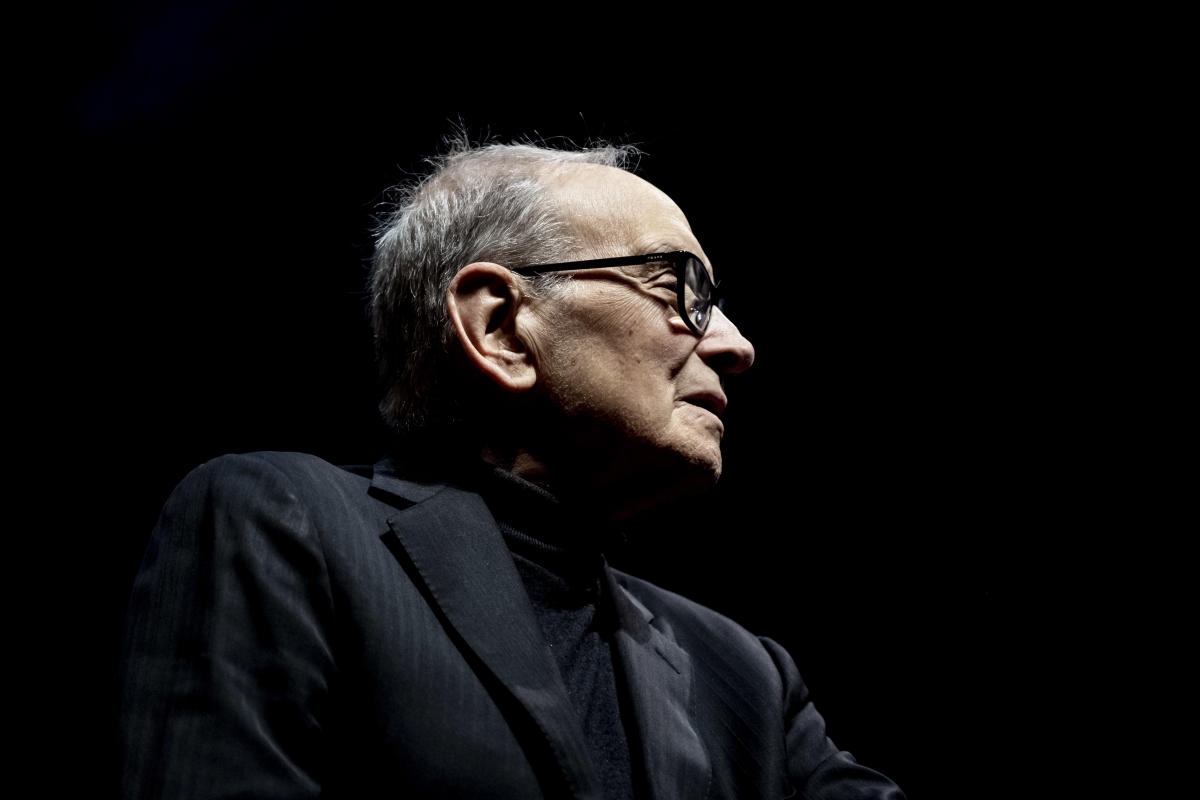Ennio Morricone

Ennio Morricone: A Maestro of Music and Emotion
Ennio Morricone, the legendary Italian composer, conductor, and orchestrator, left an indelible mark on the world of music and cinema. With a career spanning over six decades, he created some of the most iconic and emotionally charged soundtracks in history, forever changing the landscape of film music.
Early Life and Musical Beginnings:
Born in Rome, Italy, on November 10, 1928, Ennio Morricone showed an early aptitude for music. He studied trumpet at the Santa Cecilia Conservatory in Rome and later pursued composition and orchestration. During his early years, he worked as a jazz trumpeter and arranger, collaborating with renowned Italian artists such as Sergio Endrigo and Gino Paoli.
Collaboration with Sergio Leone:
Morricone's breakthrough came in the 1960s when he began collaborating with director Sergio Leone on a series of Spaghetti Westerns. Their partnership produced iconic soundtracks for films like "A Fistful of Dollars," "For a Few Dollars More," and the masterpiece, "The Good, the Bad and the Ugly." Morricone's unique blend of orchestral, electronic, and folk elements created a distinctive sound that perfectly captured the epic scope and emotional intensity of Leone's films.
Beyond Spaghetti Westerns:
While Morricone's Spaghetti Western soundtracks gained him international recognition, his talents extended far beyond that genre. He composed music for a diverse range of films, from political dramas like "The Battle of Algiers" to historical epics like "1900" and "Once Upon a Time in America." His scores for "The Untouchables," "Cinema Paradiso," and "The Mission" are widely considered some of the greatest film music ever written.
Emotional Depth and Musical Innovation:
Morricone's music was characterized by its emotional depth and innovative use of instrumentation. He had a knack for creating melodies that were both hauntingly beautiful and deeply evocative, capturing the essence of the characters, stories, and settings he was scoring. His scores often featured unconventional instruments, such as panpipes, ocarinas, and synthesizers, which added a unique and memorable touch to his compositions.
Awards and Recognition:
Morricone received numerous awards and accolades throughout his career. He won two Academy Awards, for "The Untouchables" in 1987 and "The Hateful Eight" in 2016. He also received five Grammy Awards, four Golden Globes, and numerous other honors. In 2007, he was awarded the prestigious Honorary Academy Award for Lifetime Achievement.
Legacy and Influence:
Ennio Morricone's music continues to inspire and influence generations of composers and filmmakers. His soundtracks are synonymous with cinematic excellence and have left an enduring impact on popular culture. His ability to evoke emotions through music, his mastery of orchestration, and his innovative use of instrumentation have cemented his status as one of the greatest composers in history.
Ennio Morricone passed away on July 6, 2020, at the age of 91, leaving behind a vast and remarkable legacy of musical masterpieces. His music will forever be remembered for its beauty, emotional resonance, and timeless appeal.